Playing away
The New York Daily News has run a gripping piece about Chuck Blazer, former head of the North and Central American Football Federation CONCAF, and former member of Fifa’s executive committee.
Chuck, who the News describes as a “Falstaffian figure”, is somewhat prone to excess. He is reported to have a $6,000 a month Manhattan apartment for his cats. When he was not moving between luxury restaurants on his mobility scooter – Chuck was jetting around between Fifa junkets and tax havens.
It was the latter which landed him in hot water. Although Chuck earned millions from running CONCAF, and plenty more on the side, he did not declare any income between 1992 and 1998.
The FBI and the IRS were not too impressed and approached him with a deal in 2011. Chuck was to work for them, spying on his colleagues.
The revelation will be of huge concern to any Fifa executives who may have discussed any extraordinary payments with Blazer over the last few years.
Resistance to electrical charges?
It seems that Ugandan utility companies are up to the same tax milking tricks as their North American and European counterparts.
The Ugandan Observer has published a detailed article by Jeff Mbanga looking into an ongoing dispute between the Ugandan energy firm, Umeme, and the country’s Electricity Regulatory Authority.
Like many countries Uganda regulates energy tariffs. These tariffs include the costs of producing energy as well as payments the company has to make in taxes.
However, the regulators are alleging that Umeme has not been paying its taxes, but instead creaming off the tax portion of energy bills for itself.
This alleged practice may sound familiar – and for good reason.
Ten years ago, a judge ordered an investigation into Portland General Electric, an Enron Company, after it was found that the company had collected $665m from rate-payers to cover corporate income tax that was never paid.
Whose side are you on?
Also in the Ugandan Observer this week is the first big investigation produced by the Tax Justice Network’s Illicit Financial Journalism Programme.
“Europe’s Tax Haven Investment” looks at how the European Investment Bank (EIB), a bank owned by the member states of the European Union which is meant to promote development, has poured hundreds of millions of €uros into companies in Africa linked to tax havens over the last few years. The piece details some worrying loopholes in the EIB’s offshore policies.
The investigation focuses on Qalaa Holdings, a private equity fund with $9.5bn in assets under management. The company is Africa’s largest private equity fund and has made some stunning returns for investors. A large part of the funding for the business comes from state backed institutions.
The investigation was a collaboration with several European and African publishers and as well as the Ugandan Observer the story was published in the EU Observer, De Correspondent in Dutch, Tagesspeigel in Germany and Mada Masr in Egypt.
Following the investigation the chair of the International Development Committee of the European Parliament – Linda McAvan – has said her committee will look into the matter further.
For whom the motorway tolls?
A press release from the British trade union GMB has just landed at Wrapper Towers.
It details that the UK is planning to build a new motorway junction close to Junction 10 of the M20 in Kent.
Nothing scandalous there, except that it seems that the entire project, costing up to £90m is being taken forward for the benefit of Amazon, which is planning a new warehouse in Ashford.
Amazon, despite employing thousands of workers in the UK and generating billions in sales claims to actually be based in Luxembourg – where it has 380 employees.
This little dodge allows it to avoid huge amounts of taxation – money which could be put to good use building things such as new roads.
GMB have called for the company to fund the cost of the junction itself. Given the scale of Amazon’s tax avoidance, it is perhaps a small price to pay.
Forever in your debt
One of the largest distortions of capital comes from the fact that debt and equity are taxed differently.
Dividends are paid after a company pays tax but interest payments are paid before tax is paid.
The mismatch has been a huge boon to private equity, which has managed to load up companies with piles of debt, massively reducing the tax bill, using the company’s revenue to pay off the debt, and then making huge profits on the capital gain when they come to sell the company.
Often that capital gain accrues in some offshore tax haven without capital gains tax.
It is how water companies, despite generating huge revenues, pay almost no corporate tax.
So what to do?
The no-tax lobby say get rid of taxes on dividends to level the playing field, which seems like a no-brainer. (Or is that: it could only be proposed by somebody without a brain?)
Another solution is to raise taxes on debt. Something which will be vehemently opposed by the finance industry.
An article in Economia looks at a number of proposed solutions on both sides of the debate. If anybody out there has their own ideas – please do leave a comment on our website.


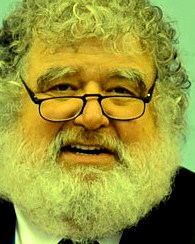
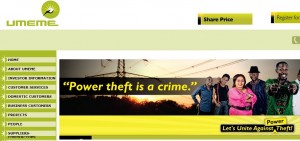
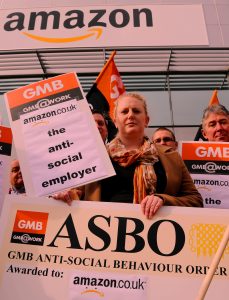
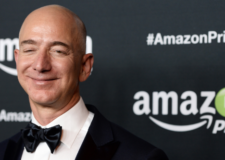

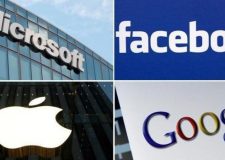


Leave a Reply